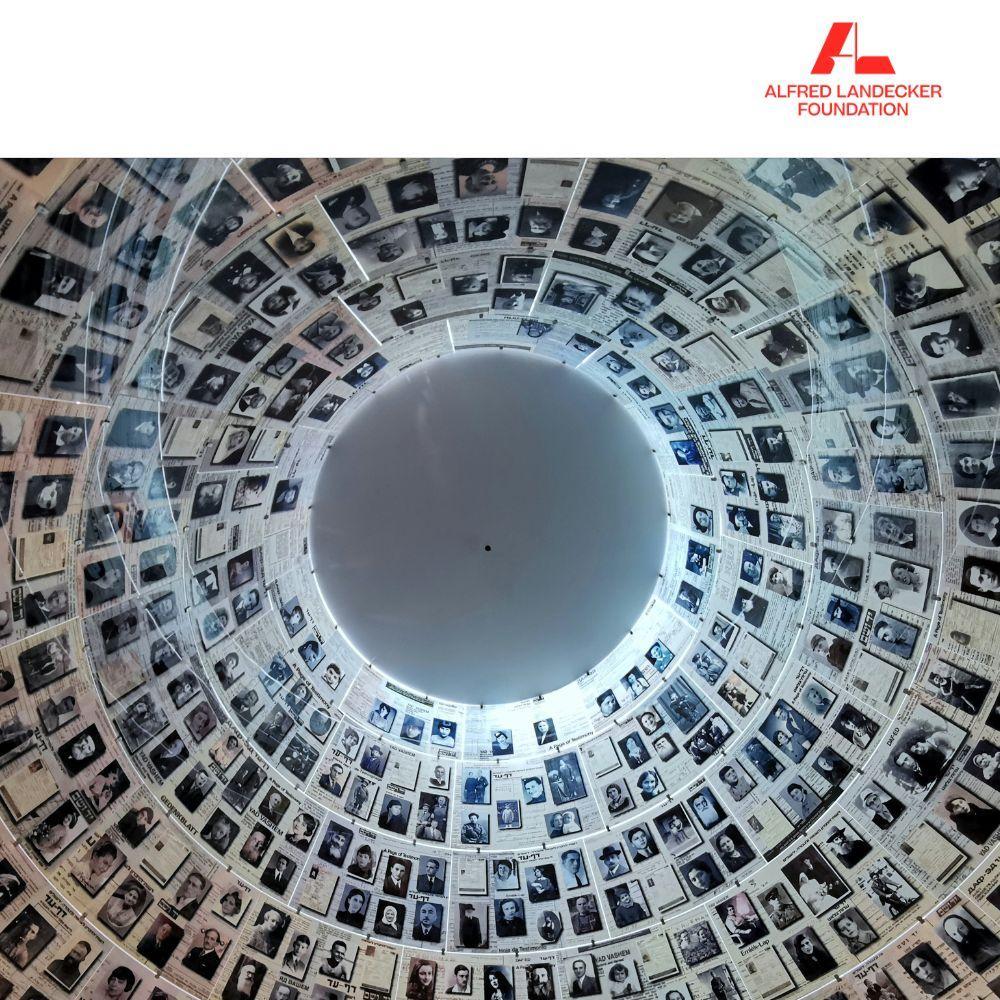
ongoing
Memory Governed:Poland’s Politics of Holocaust Remembrance

principal investigator / project leader
scholar of international relations, political psychologist
Full bio project value: PLN 2,547,300 (EUR 600,000)
funding source: Alfred Landecker Foundation
discipline: social sciences
location: Warsaw
duration: 2025 2026 2027 2028 2029 2030
The goal of the project led by Tadek Markiewicz, Ph.D. is to analyze the existing data and provide new information and perspectives concerning memory politics in Poland, in particular the Polish-Jewish relations and the Holocaust remembrance.
The project is aligned with the UN’s Sustainable Development Goal no. 16 — Peace, justice, and strong institutions.
Project funding: the Alfred Landecker Foundation, Lecturer Program, project no. P2024-050-LLP.
Project objectives
The study will examine why and how the state adopts remembrance policies in the context of Polish-Jewish relations. The focus of the project on the politicization of memory is directly related to the aim of the Lecturer Program: to research the social and political transmission of Holocaust memory.
Today, the EU’s member states are in deepening conflict over the rule of law and the future of the union itself. Memory politics play a key role in this battle. Holocaust memory, in particular, is increasingly instrumentalized as a key element in Europe’s public diplomacy. With the rise of populist and far-right politics across the continent, the remembrance of the Holocaust became a central point of contention between liberal and emerging illiberal forces.
By analyzing how Poland deploys memory at home and abroad, this project sheds light on the deeper motivations driving the revisionist turn in Eastern European countries.
Read more about the project on the Alfred Landecker Foundation's webpage
My study explores memory politics in Poland, focusing on Polish-Jewish relations within the broader context of global politics. It addresses one of the fundamental challenges faced by European civil societies, which are facing ever-growing pressure from populist forces to politicize our history.

Markiewicz, Tadek
Principal Investigator
Specialization
scholar of international relations, political psychologist
First and last name
Tadek Markiewicz
Academic degree or title
Ph.D.
Email
This email address is being protected from spambots. You need JavaScript enabled to view it.
Discipline
political-science-and-public-administration
Role in the Institute
{"funkcja-w-instytucie0":{"Funkcja":"","\u0141\u0105cznik":"","Nazwa w mianowniku":"Institute of Social Sciences"}}
Institute
Institute of Social Sciences
Role in the Department
[]
Role in the Research Center
[]
Ph.D. Tadek Markiewiczscholar of international relations, political psychologist
Methodology
The project employs a case study research design. Since the aim is to understand why Poland adopts particular memory policies, my main task is to tap into the ways in which the state conceives of its world. The project will rely on multimethod data generation, i.e. an analysis of Poland’s public communication on Holocaust memory policies, in-depth interviews with Polish state officials and experts, focus groups, and field observations of remembrance events.
Practical application of results
The project contributes to the goals of the Alfred Landecker Foundation (LINK Alfred Landecker | What we do) by educating about the key European challenge regarding the contested role politics of memory play in democracies. Through a series of academic publications, it will spark new debates across epistemic communities of Holocaust and genocide studies, international relations, political psychology and memory studies. The study sits on the crossroads between research and activism and its findings are of particular interest to the wider public and non-governmental organizations. Among other outputs, it will lead to a special one-week workshop. Its aim is to establish an international collaborative platform for scholars and practitioners for a new type of engaged research into the phenomenon of Holocaust distortion by memory politics. It will also shape university curricula through the creation of an innovative module on the politics of memory.